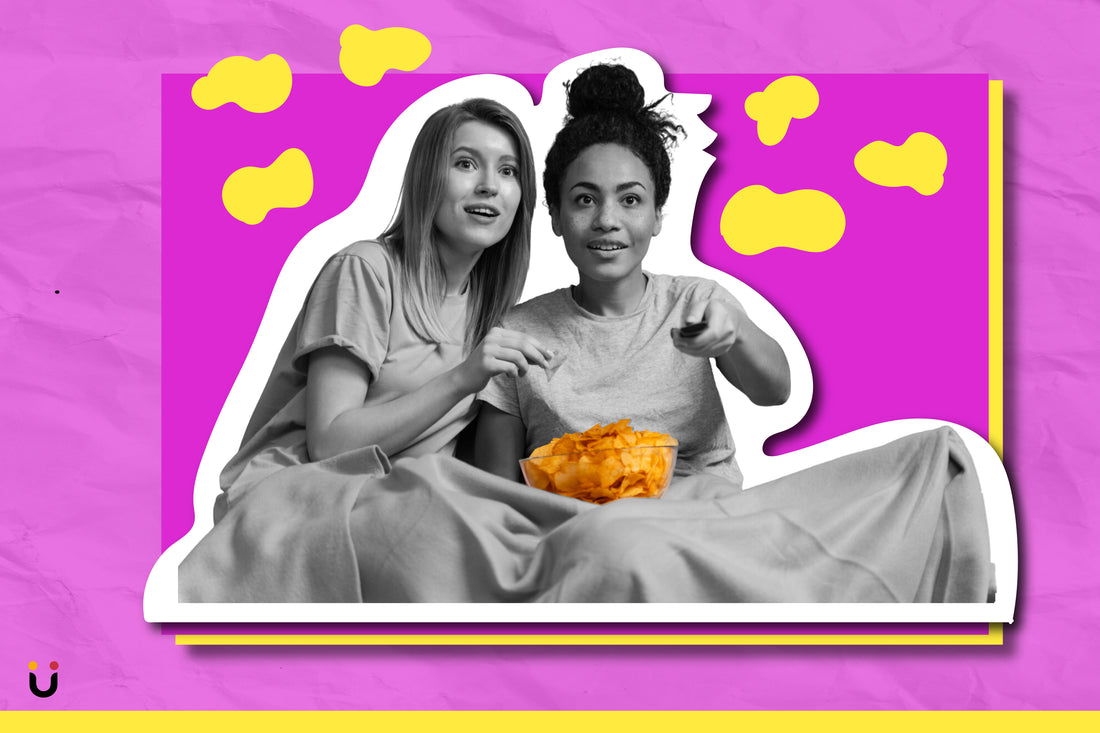Are you flustered by the amount of times you had to get on a diet or tried your best to quit smoking? Ever wondered why we can’t just kick this ‘bad unhealthy habit’ in the butt? I feel your frustration! The multiple attempts at breaking this cycle of unhealthy habits (while wanting to sustain good habits) can be quite disconcerting!
Imagine you are grocery shopping and you buy just ‘one’ packet of chips so that temptation is at bay. You mentally take stock of how many chips you can eat in a day (tough math) so this packet of fried gold lasts you makes it through the week. But when you settle yourself in, and take that one bite of this crispy salty goodness, your dreams start crumbling (with every crunch you can't stop yourself from taking). Then, the thoughts start creeping in. Why am I like this? Why is this happening to me? Can I just have one more chip? Will I just have one more chip? Should I just have one more chip? You start feeling terrible about yourself and worst of all … YOU ARE STILL HUNGRY!
If you’ve felt this way and felt the multitude of feelings that come attached, you’re onto something. As popularised by TikTok, The Dorito Theory explains the concept of the allure of unfulfilling experiences using the example of Doritos. While the initial bite of the chip might be enjoyable, it doesn’t offer any lasting fulfilment. The lack of satisfaction can lead to cravings (and more bites. Many, many, more bites).
And just like that, there is no satisfying end.
If we explore the science behind this, the satiety hormone, which plays a big role in digestion and makes you feel full; does not recognise junk food or foods that are low in nutrients as satiating. Hence, you could eat all the non-nutritious foods in the world (or your local supermarket) and still not feel full. This works the same way with alcohol. Can we generalise this theory beyond food and the things we consume?
In an insightful blog written by Zahra, she breaks down the psychological workings of how addictive behaviour works and how one can work towards creating healthier habits by understanding one thing: what drives your brain and how we can work better with it than simply restricting it. Let’s understand breaking the cycle of unhealthy habits a bit deeper.
We know the mental concepts and matrixes that influence us. But it still seems excruciatingly cyclic. If we are really trying everything and doing everything, why are we continuously failing?
I think when we are in ‘try mode’ all the time, we forget that it's a process and it takes TIME! What am I talking about? When we crave or seek any form of pleasure, there comes an urgency with it. We feel we must get it or we will not be able to handle the outcome. That’s where we need to be patient with the discomfort. Our tolerance for what lies on the other side of pleasure tends to decrease. We feel like this discomfort will be permanent and never end. However, discomfort never lasts forever and neither does pleasure.
Finding ways to not ‘try’ and move away from the discomfort is necessary to build up tolerance. Learning that it is a wave of discomfort and how you want to ride it - do you want to give in to every craving or sit with it while it passes? While the Dorito Theory is a simplified concept, it offers a relatable and thought-provoking perspective on the appeal of certain unfulfilling activities. By understanding the potential pitfalls of seeking short-term gratification without lasting fulfilment, you can make more conscious choices about your behaviour and strive for experiences that offer deeper meaning and satisfaction.
Between understanding and striving; you might need to build your tolerance for the discomfort storm with patience and compassion.


